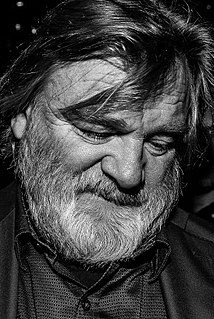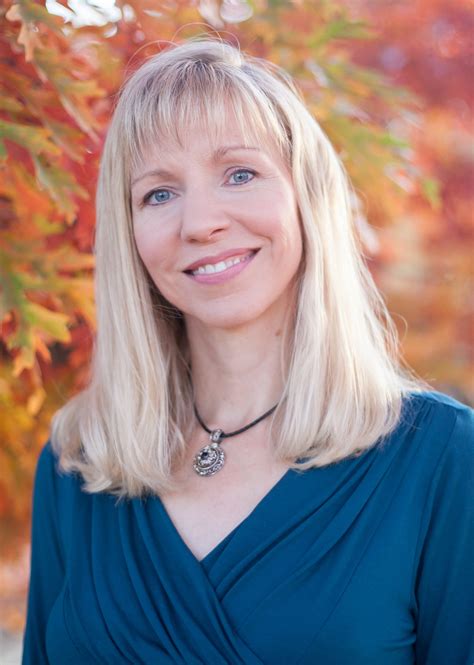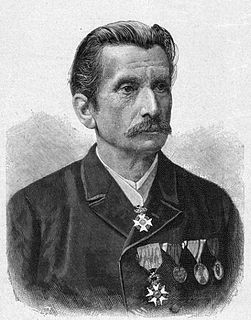A Quote by Brendan Gleeson
I think it was a possibility, I think we're all kind of delusional like that, we think that we can all carry on being who we are without bending ourselves to make ourselves acceptable and expect someone to come along and see to us and rescue to us.
Related Quotes
Yet I think the demon's target is not the possessed; it is us . . . the observers . . . every person in this house. And I think---I think the point is to make us despair; to reject our own humanity, Damien: to see ourselves as ultimately bestial; as ultimately vile and putrescent; without dignity; ugly; unworthy.
We think that by protecting ourselves from suffering, we are being kind to ourselves. The truth is we only become more fearful, more hardened and more alienated. We experience ourselves as being separate from the whole. This separateness becomes like a prison for us - a prison that restricts us to our personal hopes and fears, and to caring only for the people nearest to us. Curiously enough, if we primarily try to shield ourselves from discomfort, we suffer. Yet, when we don't close off, when we let our hearts break, we discover our kinship with all beings.
Property is, after all, a social convention, an agreement about someone's exclusive right to use a thing in specified ways. However, we seem to have forgotten this. We seem to think that property belongs to us in some essential way, that it is of us. We seem to think that our property is part of ourselves, and that by owning it we therefore make ourselves more, larger, greater.
Most people think when the world gets itself together, we'll all be okay. I don't see that situation arriving. I think one by one, we all free ourselves from the chains we have chained ourselves to. But I don't think that suddenly some magic happens and the whole lot of us will all be liberated in one throw.
But I don't think any parent can expect to escape this life without disappointing his child at some point. And the same could be said the other way around. We all of us fall short now and again, and disappoint someone dear to us, or ourselves. Thankfully, my parents have always been the forgiving sort.
Our goals should stretch us bit by bit. So often when we think we have encountered a ceiling, it is really a psychological or experimental barrier that we have built ourselves. We built it and we can remove it. Just as correct principles, when applied, carry their own witness that they are true, so do correct personal improvement programs. But we must not expect personal improvement without pain or some 'remodeling.' We can't expect to have the thrills of revealed religion without the theology. We cannot expect to have the soul stretching without Christian service.
The kind of love that God has for us, I think, is of an infinite longing for union, and the kind of love that God wants us to have for him, I think, is of this also endless longing. Now in eros we lose ourselves. I think erotic love transforms us, but it does so only momentarily. It has to be embedded in something much longer, a much bigger narrative called marriage or durable relationship or something like that.
I think we communicate only too well, in our silence, in what is unsaid, and that what takes place is a continual evasion, desperate rearguard attempts to keep ourselves to ourselves. Communication is too alarming. To enter into someone else's life is too frightening. To disclose to others the poverty within us is too fearsome a possibility.
Love knows no virtue, no profit; it loves and forgives and suffers everything, because it must. It is not our judgment that leads us; it is neither the advantages nor the faults which we discover, that make us abandon ourselves, or that repel us. It is a sweet, soft, enigmatic power that drives us on. We cease to think, to feel, to will; we let ourselves be carried away by it, and ask not whither?
. . . The books we need are the kind that act upon us like a misfortune, that make us suffer like the death of someone we love more than ourselves, that make us feel as though we were on the verge of suicide, or lost in a forest remote from all human habitation-a book should serve as an axe for the frozen sea within us.


































